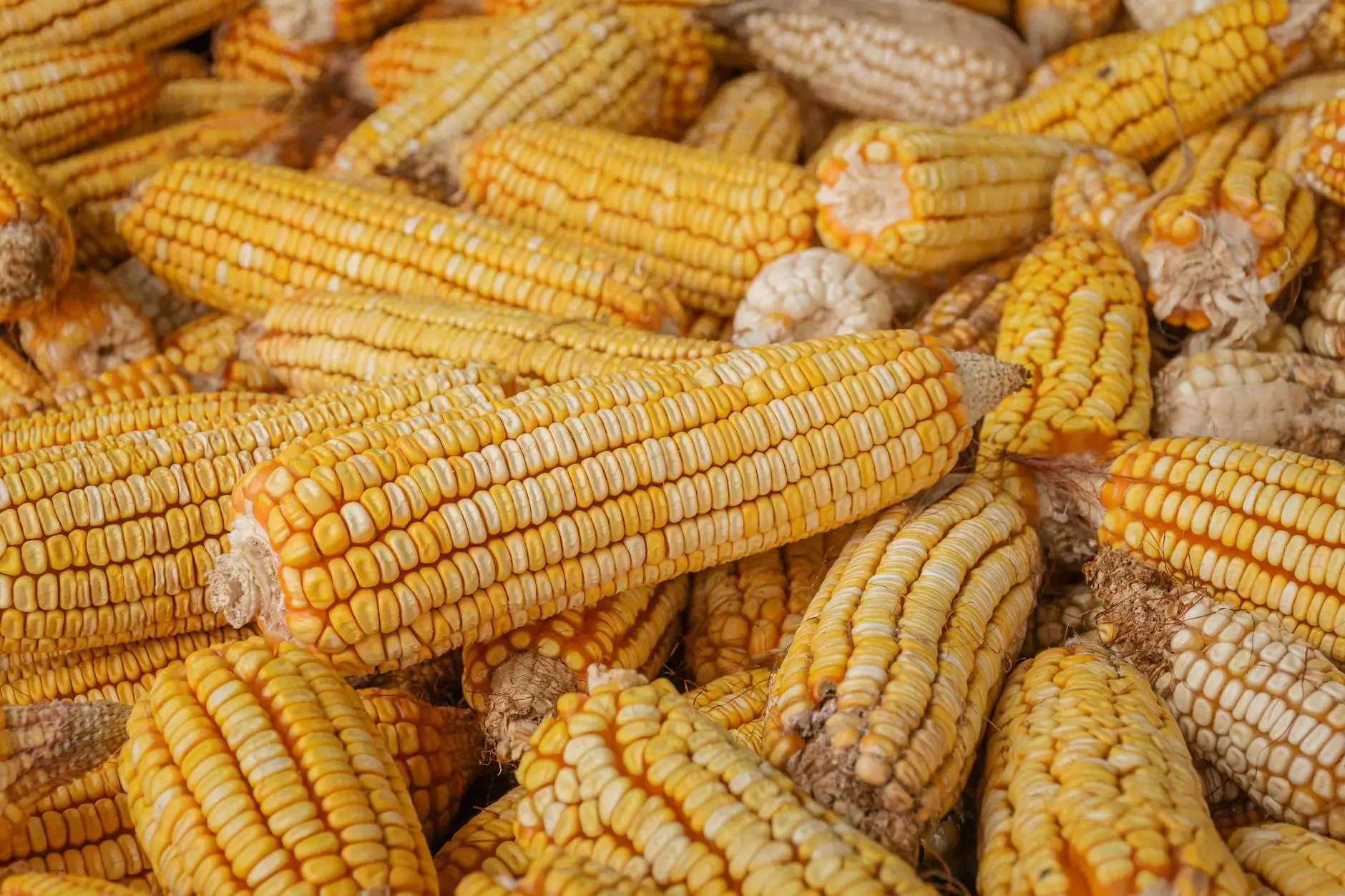Corn Weevil Control: Essential Strategies for Farmers

Corn weevils (Sitophilus zeamais) are notorious pests that can cause significant damage to stored corn. Effective control of these pests is crucial for maintaining crop quality and maximizing yield.
The Importance of Controlling Corn Weevils
Understanding the importance of corn weevil control is fundamental for any farmer. These pests can lead to both quantitative and qualitative losses in stored corn. Here's why controlling them is essential:
- Preventing Losses: Corn weevils infest grains and can cause up to 50% loss if not effectively managed.
- Maintaining Quality: Infestation leads to damaged kernels, affecting the overall quality of the grain.
- Market Standards: Many markets require grains to meet specific quality standards. Infestation can lead to rejection by buyers.
Understanding Corn Weevil Infestations
Before diving into control measures, it’s important to understand how these pests operate:
- Lifecycle: Corn weevils have a complete lifecycle that includes the egg, larval, pupal, and adult stages. Understanding this lifecycle is key to control.
- Signs of Infestation: Look for small holes on kernels, powdery frass, and changes in texture and color.
- Preferred Conditions: Corn weevils thrive in warm, humid environments, making proper storage conditions essential.
Effective Strategies for Corn Weevil Control
Control methods can be categorized into preventive measures, chemical treatments, and biological control. Below are detailed strategies for each category:
Preventive Measures
Implementing preventive measures is the first line of defense against corn weevils:
- Proper Grain Storage: Ensure that grains are stored in a cool, dry place. Use airtight containers to limit exposure to pests.
- Temperature Control: Keeping storage areas at temperatures below 60°F can inhibit weevil development.
- Regular Inspection: Conduct routine checks on stored corn to catch infestations early.
- Cleanliness: Keep storage areas clean and free of old grain residues that can attract pests.
Chemical Treatments
If preventive strategies fail, chemical treatments may be necessary. Here are some options:
- Insecticides: Utilize approved insecticides that are specifically designed for corn weevils. Follow application instructions carefully to avoid crop damage.
- Fumigation: This method involves sealing storage areas and introducing gas into the environment to kill pests. Fumigation should be conducted by trained professionals.
- Granular Insecticides: Applying granular formulations to the grain surface can help control initial infestations effectively.
Biological Control Methods
Biological control methods are becoming increasingly popular among farmers looking for sustainable solutions. These methods include:
- Predatory Insects: Introduce natural predators of corn weevils, such as certain beetle species that can help control their population.
- Microbial Control: Use of specific microorganisms that target corn weevils can provide an eco-friendly pest management solution.
The Role of Farming Equipment in Corn Weevil Control
The right farming equipment and techniques can significantly aid in the control and prevention of corn weevil infestations:
- Grain Dryers: Proper drying of corn reduces moisture levels that are conducive to pest development.
- Sealers and Storage Bins: Use quality storage bins that are well-sealed to protect against external infestations.
- Pest Control Sprayers: Equip your farm with effective sprayers for applying insecticides as needed.
Maintaining Equipment for Optimal Performance
Regular maintenance of your farming equipment is essential. Here are some tips:
- Regular Inspections: Inspect all equipment for wear and tear, especially grain storage facilities.
- Cleaning: After a harvest, thoroughly clean machinery and storage areas to prevent pest entry.
- Prompt Repairs: Address any damage immediately to prevent fields or stored grain from becoming accessible to pests.
Conclusion: Protecting Your Harvest with Effective Corn Weevil Control
In conclusion, corn weevil control is a critical aspect of maintaining crop integrity and ensuring a successful harvest. Employing a combination of preventive measures, chemical treatments, and biological controls can significantly reduce the risk of infestation. Furthermore, investing in quality farming equipment and regular maintenance practices will enhance your ability to manage pests effectively and protect your yield. To achieve the best results, farmers should stay informed about the latest pest management strategies and continuously scout for signs of corn weevil activity.
For more resources on effective farming practices and equipment repair, visit tsgcinc.com.



